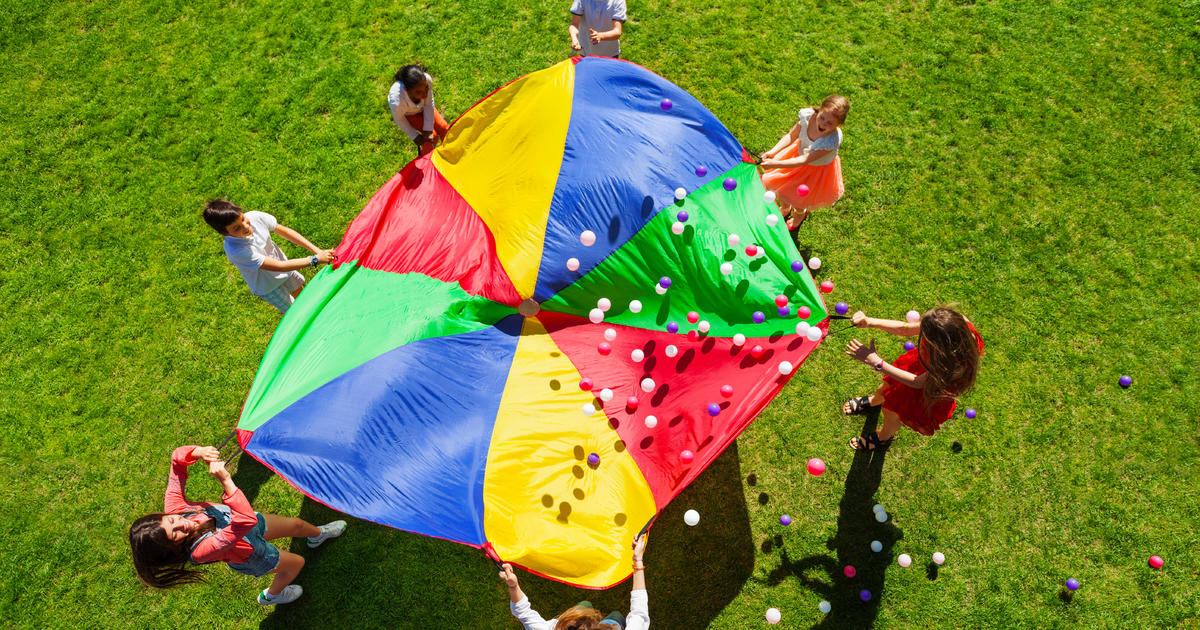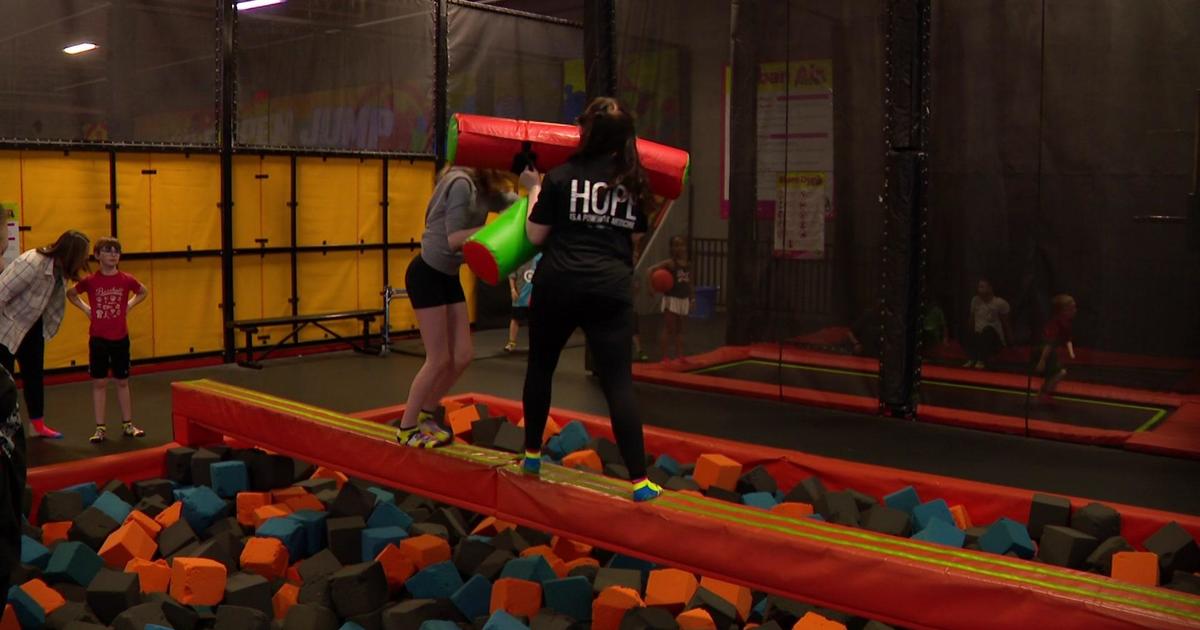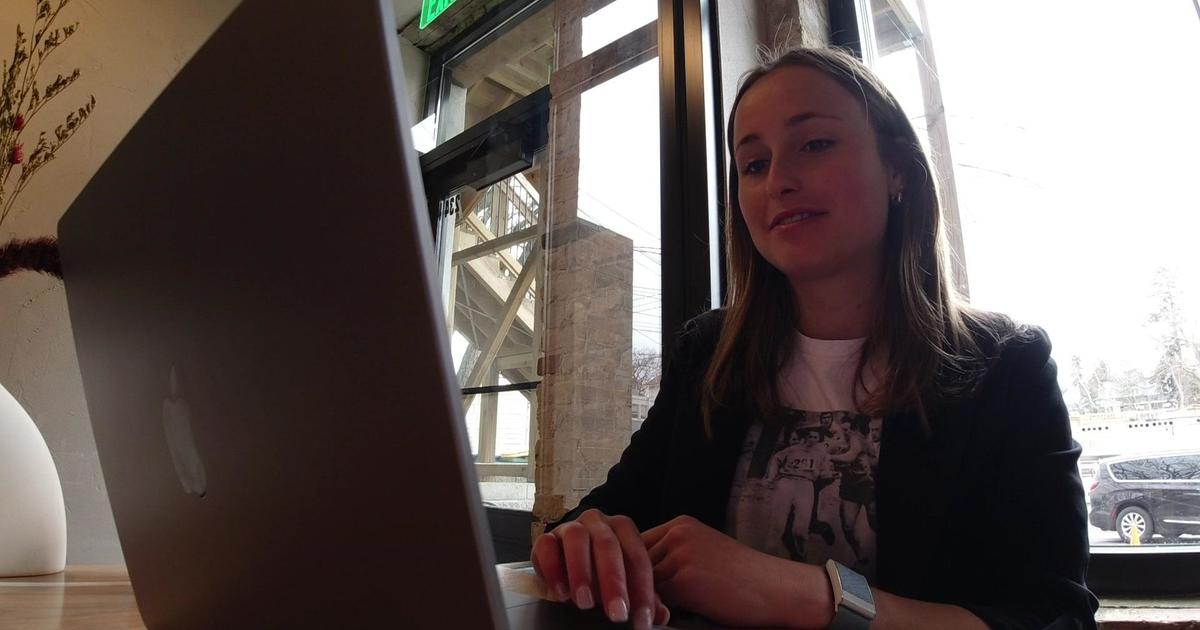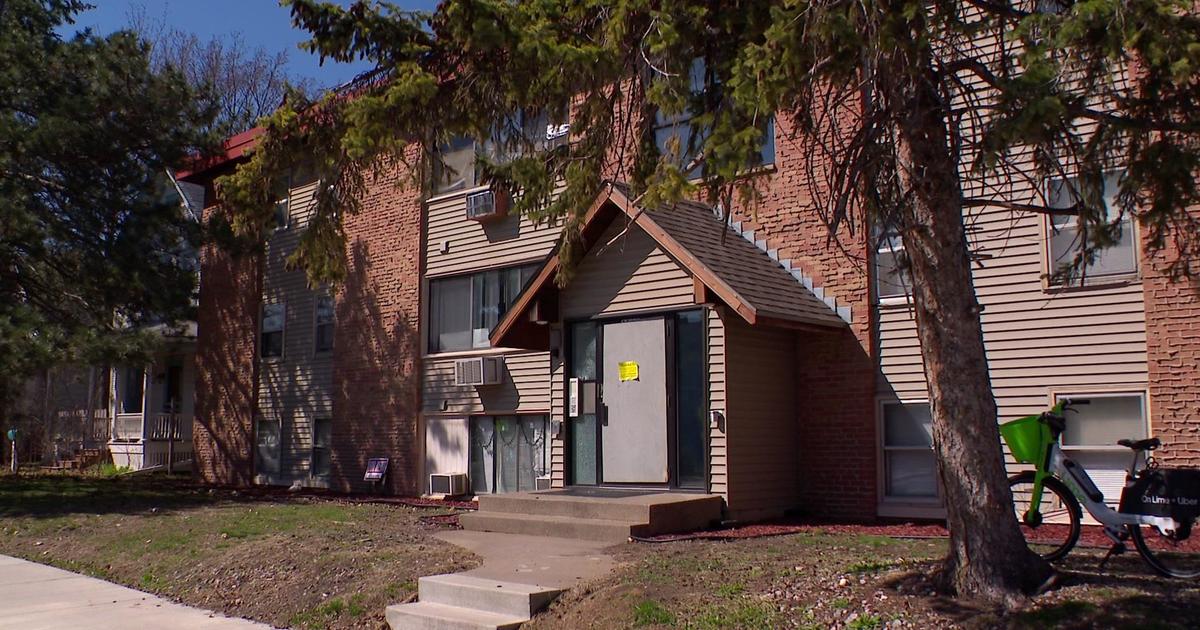Is 'Screen Time' Affecting Teens' Sleep Patterns?
MINNEAPOLIS (WCCO) -- If you're the parent of a child with a cellphone, you've probably been in the battle -- trying to take the phone away before bed. But does that screen time before sleep really make a difference?
With the help of the Minnesota Regional Sleep Disorders Center, WCCO tracked the phone usage of three teenagers. As we discovered, doctors were even surprised by what did and didn't happen.
Our test involves three juniors in high school, all 16, who use phones and social media.
Clara Mack uses her phone every night before she goes to bed and keeps it close by. She admits she's tired, but will stay awake to Snapchat and text, sometimes for a couple of hours.
Matt Davies keeps his phone downstairs when he sleeps, but his parents worry he does homework too late. Matt sets two alarms to be able to wake up by 6:30 each morning for school.
Patrice Shelton doesn't spend much time at all on the phone or in front of screens before bed. Her parents limit her usage to 30 minutes a day. She doesn't have to get up until 7:45 a.m. and will often wake up before her alarm.
Doctor Ranji Varghese at the Minnesota Regional Sleep Disorders Center at Hennepin County Medical Center equips each teenager with what's called an actograph.
"It's going to detect your motions when you're asleep and when you're awake," Dr. Varghese said. "You're going to go home and you're going to wear this for the next two weeks."
Each student is also asked to keep a handwritten sleep log for two weeks.
"I want you to tell me when you go to bed and when you get up in the morning and then calculate how many hours you had to sleep," Dr. Varghese said.
Whereas we used to be sleepy around 8 p.m. or 9 p.m., adolescence is the time of our lives when our bodies say 10 p.m. or 11 p.m. is OK. No matter the bedtime, experts say nine hours of sleep is crucial to a teenager's health.
"Now, the data is accumulating and we now know how important sleep is for a developing brain or existing brain," Dr. Varghese said.
But good luck getting that brain to turn off -- what began more than a hundred years ago with the invention of the lightbulb has only gotten worse with TVs, iPads and cellphones. Research suggests the artificial light these screens emit will delay our sleep. Studies show if light hits our eyes at a certain period of the night, it suppresses melatonin -- a hormone that helps us get to sleep and stay there.
"Yeah, it's a big problem," Dr. Varghese said.
In particular, it's the bright blue light from smartphones Dr. Varghese believes spells the most trouble for sleep. iPhones now have a way for you to tone that light down -- a feature called Night Shift allows users to set a time you want to give off less blue light before bed.
The doctor was curious to see if anything changed in Clara's case, when she turned it on halfway through our experiment.
"Theoretically, it should help her quality of sleep," Dr. Varghese said.
Two weeks later, Patrice, Clara and Matt are back to go over their results.
"You guys are getting about eight, eight and a half hours of sleep which is fantastic," Dr. Varghese said.
Matt had a malfunction in his actograph, but his sleep log still showed he was getting enough sleep. But when you see the quality of sleep readings from Patrice and Clara's actographs, there is a difference.
In addition to consistent bed and wakeup times, the doctor says Patrice experiences restful sleep.
"There's very little muscle activity," Dr. Varghese said pointing to Patrice's results.
Clara's print-out shows more muscle movement, represented by those tiny lines. Dr. Varghese believes her brain may not be as relaxed going to bed and when Clara flipped on the night shift function half-way after one week -- there was no difference in her results.
"Maybe, for her, it isn't a light issue -- it's a brain issue," Dr. Varghese said.
Dr. Varghese thinks the experiment has less to do with screens and lights and more to do with quieting our minds to get the best quality of sleep we can. Meaning, it might be time to take those phones from your children sooner rather than later.
"It may be hard but I think it's in their best interest," Dr. Varghese said.
Here's what the doctor suggests is best: Limit the amount of bright light your children receive in the evening time, not just from their phones but from ambient light in the house, and no screen time or cellphones at least two hours before bed.



